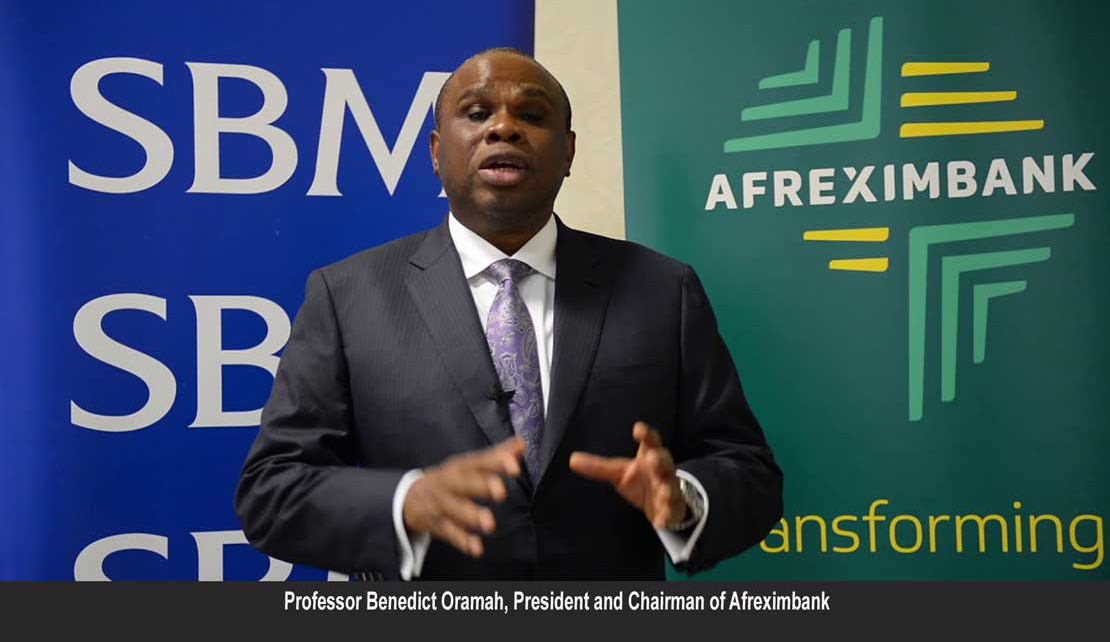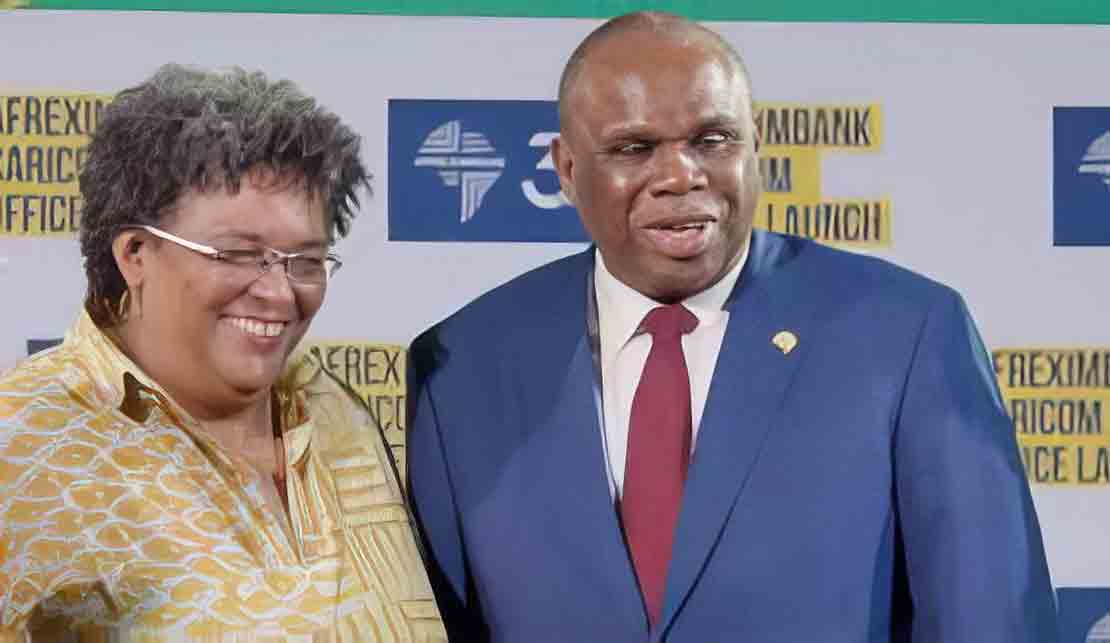CARICOM | Jamaica and Trinidad & Tobago Yet to Sign Critical Afreximbank Agreement Amid Urgent Calls for Action

NASSAU, Bahamas, June 16, 2024 - With Jamaica, Trinidad and Tobago, and two other CARICOM member states yet to accede to the African Export-Import Bank (Afreximbank) trade agreement, the $3 billion in concessional funding remains unrealized for the region. This critical financial support, designed to unlock economic and social benefits, is yet to be harnessed, highlighting a significant gap in regional cooperation.
The Partnership Agreement between the Member States of the Caribbean Community and Afreximbank aims to strengthen trade and investment links between Africa and CARICOM member states. Nearly a year has passed since the pan-African multilateral financial institution set up a CARICOM office in Barbados, yet four of CARICOM’s 15 members, including Trinidad and Tobago and Jamaica, have not joined the partnership.
The Afreximbank Board has allocated $1.5 billion for CARICOM member states that have ratified the agreement, with the potential for this amount to increase to $3 billion if the remaining member states sign on. The financial instruments offered by Afreximbank could provide substantial support for economic development in the region, emphasizing the need for comprehensive participation.
On Friday, Prime Minister Mia Mottley urged CARICOM countries that have not yet signed the trade agreement with the African Export-Import Bank (Afreximbank) to do so before the bank’s president, Professor Benedict Oramah, leaves office. Speaking at the Afreximbank’s 31st annual meetings and third AfriCaribbean Trade and Investment Forum (ACTIF2024), Mottley highlighted the urgency and significance of the agreement for the region’s development.
“I pray that those countries that are not yet signatory to the Afreximbank CARICOM Partnership Agreement will do so before you demit office because you are deserving of that,” Mottley said, emphasizing the vital role the bank has played under Oramah’s leadership. This is the last such meeting that Professor Oramah is expected to attend in his current position, having led the Cairo-based Afreximbank for almost a decade.

Thanking Oramah on behalf of her country and others in the region, Mottley added, “We’re told that this is going to be the last chance that we get to be with you in this capacity. What you have done is nothing short of remarkable. It was easy for you to come and deal with two or three, but you didn’t stop there. You insisted that you wanted to reach the entire region.”
Mottley highlighted the outgoing Afreximbank chief’s role in launching the first AfriCaribbean Trade and Investment Forum (ACTIF) in Barbados in 2022, which has since become an annual event. “You could have done the first one and then the second never happened. But the second then happened in Guyana, and the third has now happened in the Commonwealth of the Bahamas. You are ensuring that this is a part of the institutional framework for investment and trade, building an ecosystem that will be difficult for persons to collapse,” she noted.
The refusal of Jamaica, Trinidad and Tobago, and the two other CARICOM member states to sign the agreement has significant economic implications. By not participating, these countries are missing out on critical funding opportunities that could support various development projects and economic initiatives. The concessional funding from Afreximbank is designed to provide financial instruments that can stimulate trade and investment, creating jobs and fostering economic growth within the region.
Mottley’s call to action underscores the need for unity and collective action within CARICOM. By signing the agreement, the non-signatory member states would not only access much-needed financial resources but also contribute to the strengthening of regional economic integration. This move would pave the way for a more resilient and interconnected Caribbean economy, better equipped to navigate global economic challenges.
Acceptance of the agreement with the bank includes collaboration between CARICOM Central Bank Governors and Afreximbank to explore the feasibility of introducing the Pan-African Payment and Settlement System (PAPSS) as a platform for intra-regional payments in the Caribbean. This system could significantly enhance the efficiency of cross-border transactions, further integrating the region’s economies.
In the final analysis, the Afreximbank Partnership Agreement represents a significant opportunity for CARICOM member states to collaborate with Africa in a meaningful and impactful way. The potential benefits of this partnership are too substantial to be overlooked. As the region faces ongoing economic and social challenges, the support provided by Afreximbank could be a critical factor in driving sustainable growth and development.
Conclusion
The refusal of Jamaica, Trinidad and Tobago, and two other CARICOM member states to sign the Afreximbank trade agreement is a missed opportunity that could have far-reaching implications for the region. The partnership with Afreximbank offers a pathway to enhanced economic development, stronger trade relations, and greater regional integration. By joining the agreement, the non-signatory states can unlock significant benefits and contribute to the collective prosperity of the Caribbean. As Prime Minister Mottley emphasized, the time to act is now, before the opportunity slips away.
-30-
